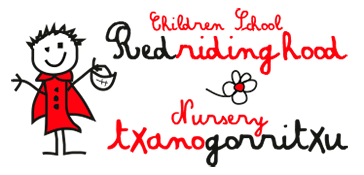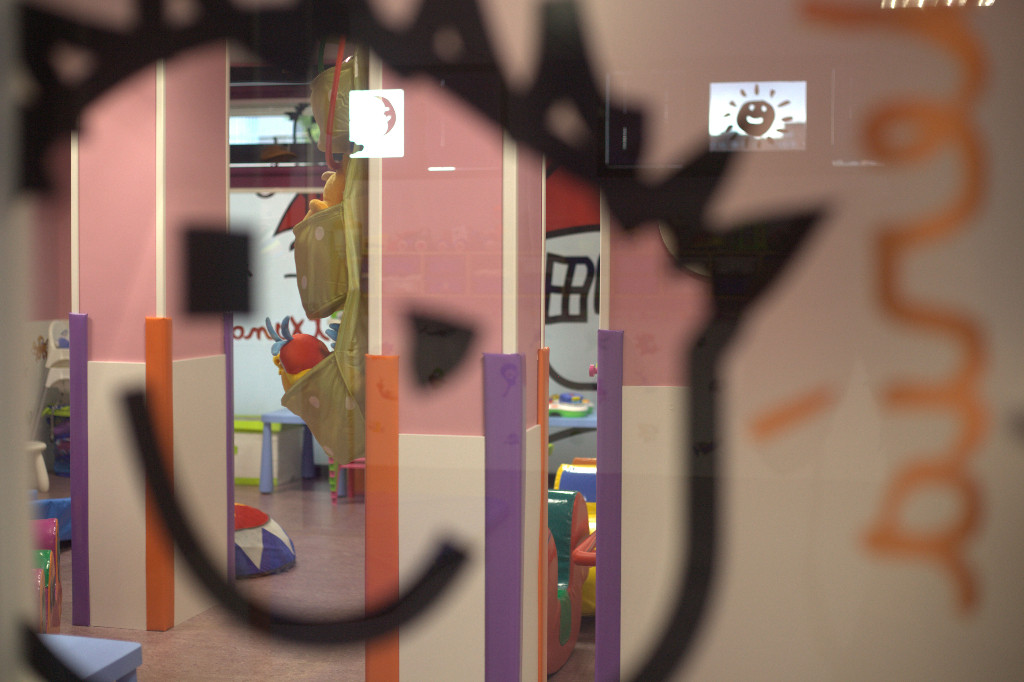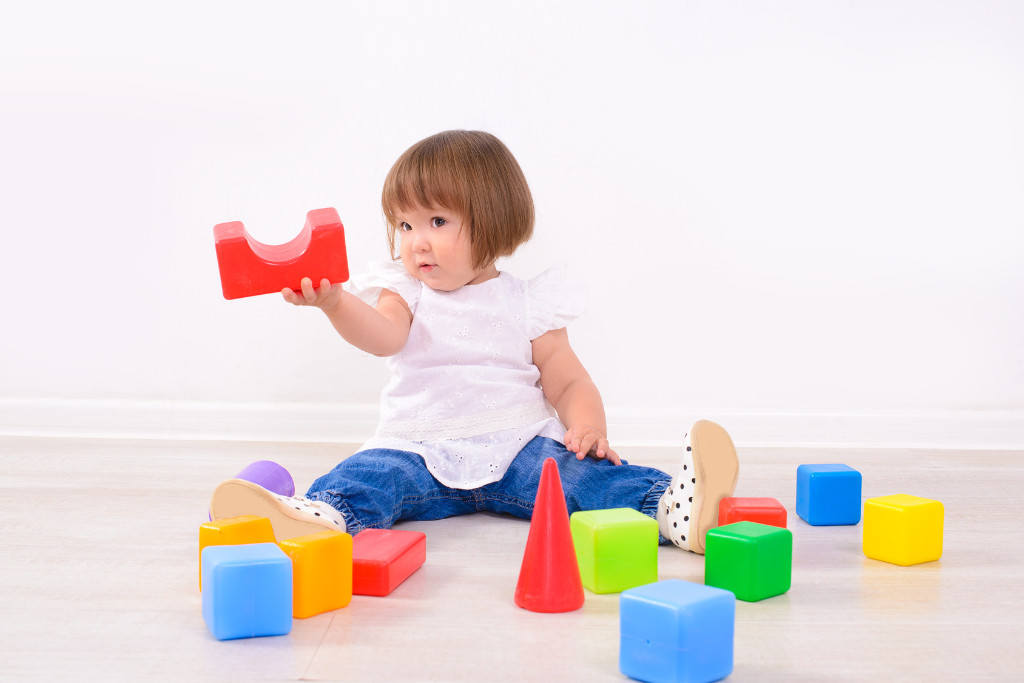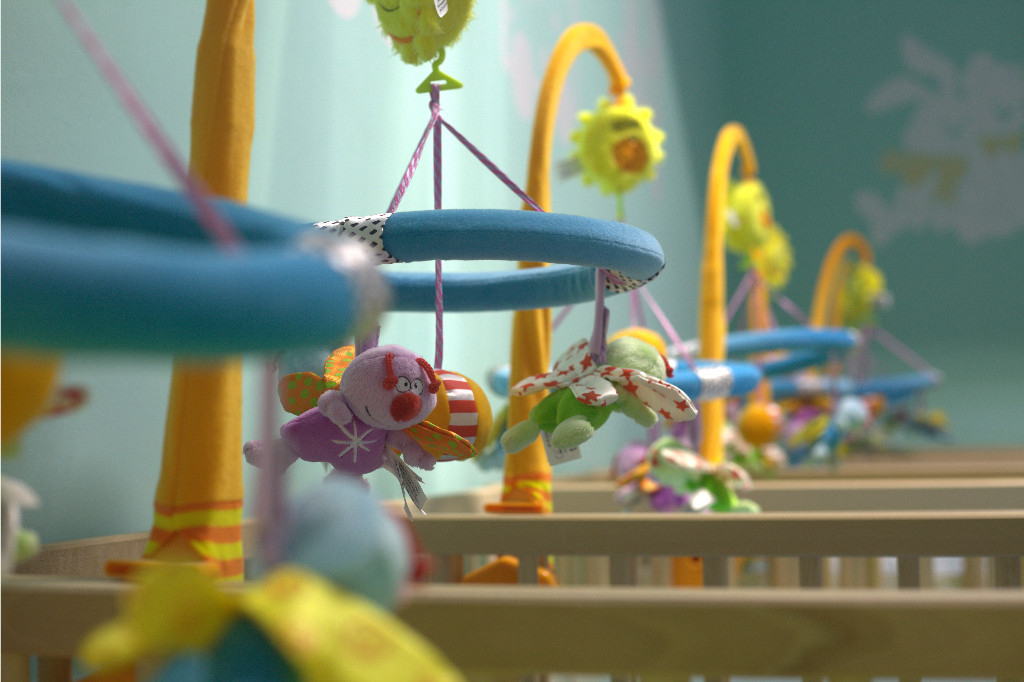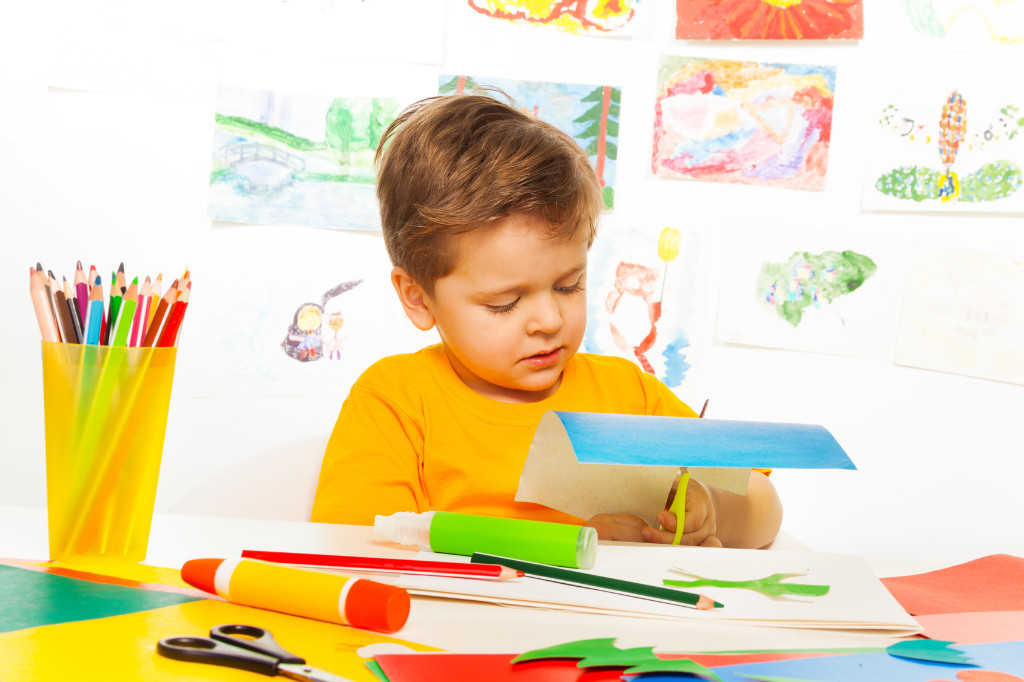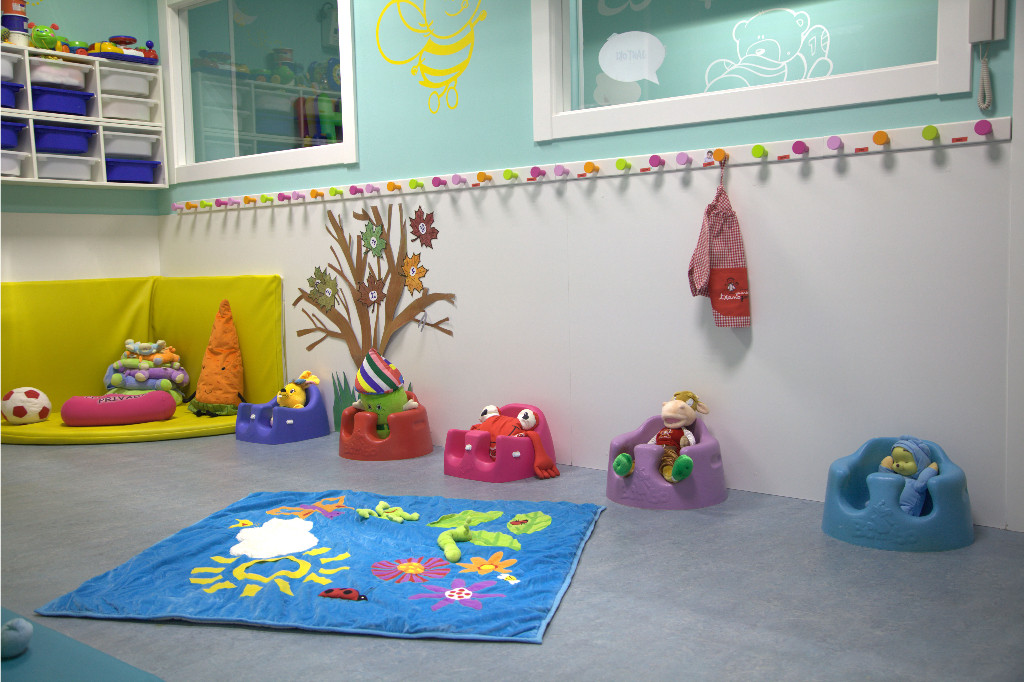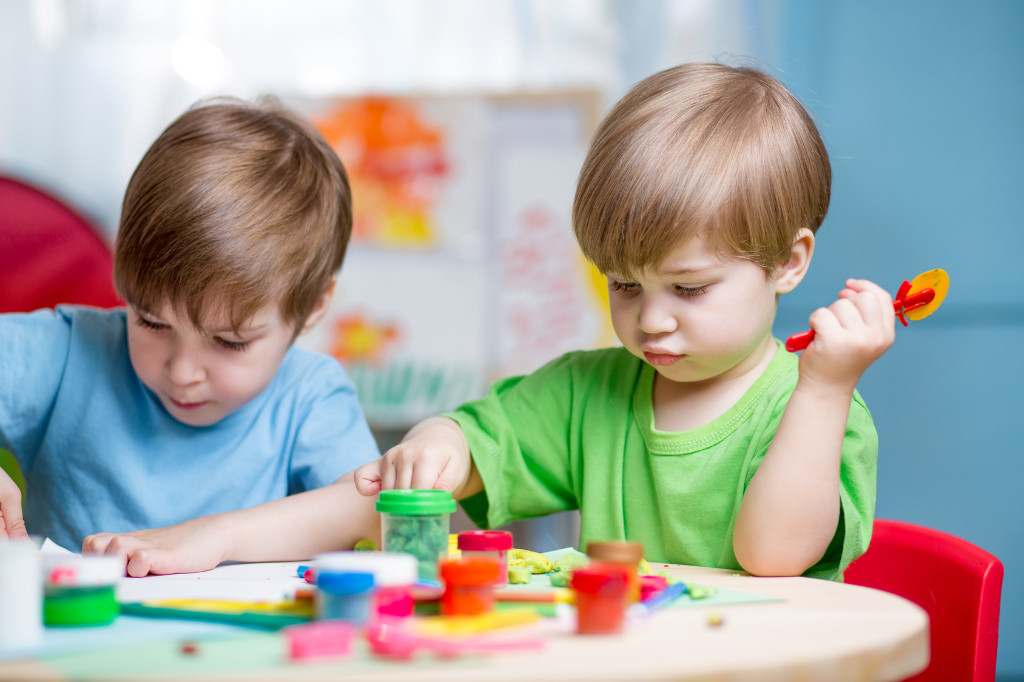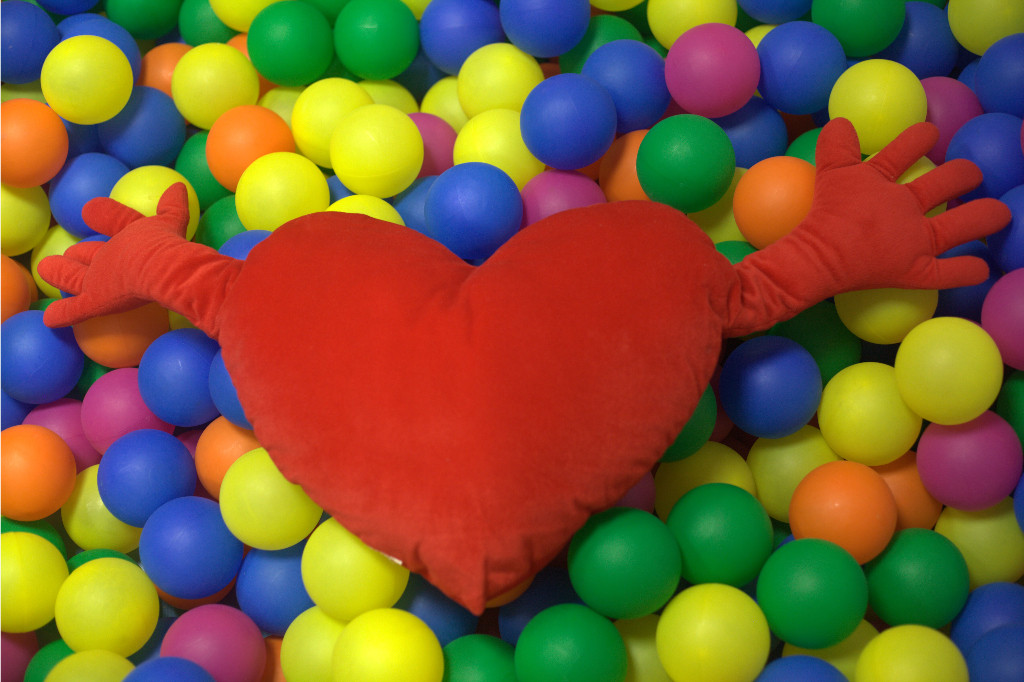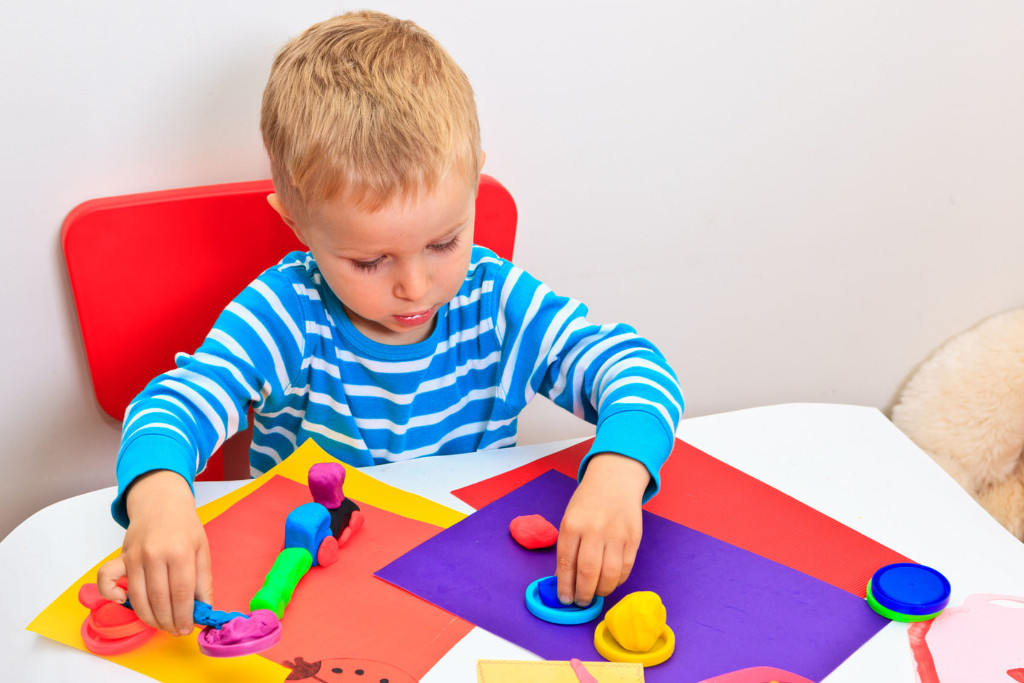
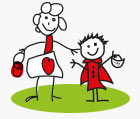
Nursery education project Txanogorritxu
In Txanogorritxu Nursery - Little Red Riding Hood Preschool develop communicative competence in English and Castilian in the peninsula, Basque in the Basque Country, Catalan in Catalonia and so on in communities that have their own language.
Our main objective is that the child is happy, covering physical emotional and social, intellectual, child using appropriate teaching techniques.
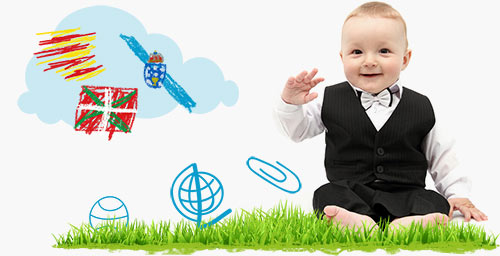
We use an education system that combines several education systems: the Glenn Doman method for early stimulation (information below), music therapy, perception or logic. All to their full intellectual development, and getting smaller as they evolve and learn its infancy.
And we care about families
The best way to educate children is through play
We use different teaching techniques to get the kids assimilate their knowledge through first game theories
Through continuous training, we want our students to learn to be autonomous, to relate to others through different forms of expression and communication, and explore their own social and family environment to recognize everything that revolves around it.
One of the distinguishing characteristics of our educational system is the early stimulation in the nursery.
In our Kindergartens - Nursery Schools believe that all children have an inborn talent to be developed, and that the best time for this is when the baby is between 0 and 3 years. We apply a series of programs that aim to structure their capabilities to achieve the correct physical, intellectual and social development.
- Bits encyclopedic
- Auditory and visual stimulation
- Early Reading Program
- Mathematical ability
- Sensory stimulation
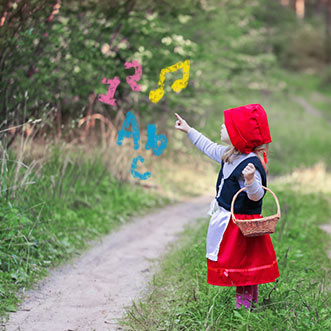
What is early intervention?
The early stimulation is to give the child everything you need to develop as a person. All this includes, from the minimum basic needs for sustenance (eating, drinking, sleeping) to the context of love and protection, which are also considered vital in the first year of life.
We assume that this is a complex process that requires input from multiple disciplines: medical, psychological, educational, cultural, etc.
What is early learning?
The benefits of early stimulation beyond the intellectual, that is, encourage smaller from the womb and early childhood will help further enhance the development of the language, the main areas of social and emotional development ... In other words; emotional development is an important point that is reflected throughout his life. Develop self-soothing and self-regulation in childhood skills, to mention some, will be crucial for the proper development of the most vital ones.
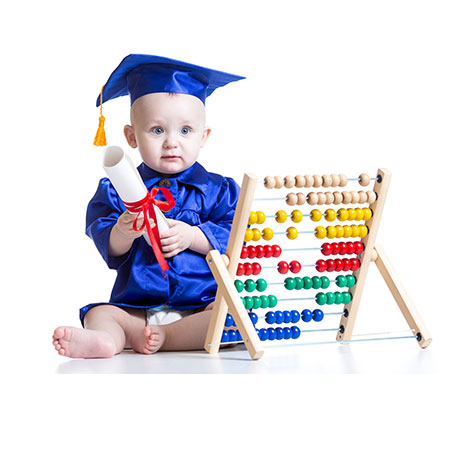
However, as educators we must be very aware of that thin line that divides the early stimulation of over-stimulation, as every child is different and the fact too stimulating children not always guarantees positive effects.
The most important thing is that, as professionals, we are sensitive to the needs of children. Also, we keep in mind that each child is very different from other despite being brothers, cousins or be living for many hours daily.
We have all noticed that babies by nature are curious about the environment around them: the sight, touch, feel, hear and taste different things helps them learn and explore the world. And as the months go by, they will develop and refine their senses and motor skills. His ability to give and receive love is unlimited.
The baby's brain reaches twice its size during the first year of life; this makes it through "connections growth" which will increase as the baby think. Through play, it's like the little discover and learn, while they form their personalities and strengthen their self-esteem.
Enrich early age through games, songs, stories, gymnastics (motor skills), kissing, fondling, massage, smiles, etc ... you will strengthen the bonds of love and communication with parents and teachers. Thus, your brain will stimulate and develop their abilities to think.
It is important in the daily routine learning experiences, either at lunchtime or playing with different textures, temperatures and toys are made. In addition, you can set a special time during the day, dedicated to sing and play while the child / to be willingly for it.
Early Learning Methods:
Currently there are many methods and products for early stimulation in children, and is the responsibility of parents and educators research and learn more about it, for it is in this way that they will become more aware of the importance of applying it in life More smalls. Only when children are young, they have more desire and ability to learn, whatever their family and school environment allows.
There is much valuable information that will allow all stakeholders to properly apply the different methods. Either they serve to teach reading in our native language, and a second and third language, even Chinese if you put your mind. Children have the ability to do so, even much easier than any university, and not see it as a study or additional task, but as something natural and normal in their lives.
Whichever method is chosen, only one thing you should keep in mind: children learn more (and much easier), the more fun and enjoyable is for them. The good thing is that children are not demanding, and parents and educators should only be a willingness and a little creativity to your workouts with their young are of advantage. It never should scold or force if they feel tired. On the contrary, you should know when to stop and change activities. Remember that everything must be in the form of play, and always warmly congratulating them for any achievement.
In The Txanogorritxu nursery - Little Red Riding Hood nursery schools we implement Glenn Doman method and the method of Dr. Maria Montessori.
Glenn Doman
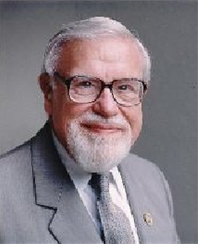
Glenn Doman suggests that the right age to begin to stimulate baby's intelligence and teach reading can be as early as 8 months old.
The attitude to develop teaching job should be to "This is a fun game!", forgetting that the vision is a work or "compulsory task".
María Montessori

She believed that early stages in the development of a child are crucial, and must be given the freedom to choose smaller from the available options; in other words, allow children to satisfy their natural curiosity and discover the world through their own experiences, without receiving information from others.
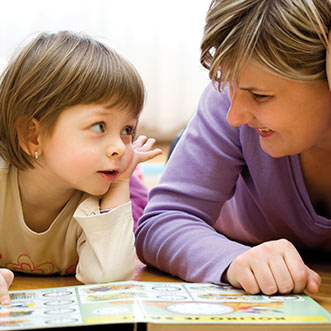
Each child is assigned a personal tutor
In our Nurseries every child has a constant attention, a personalized and appropriate monitoring.

